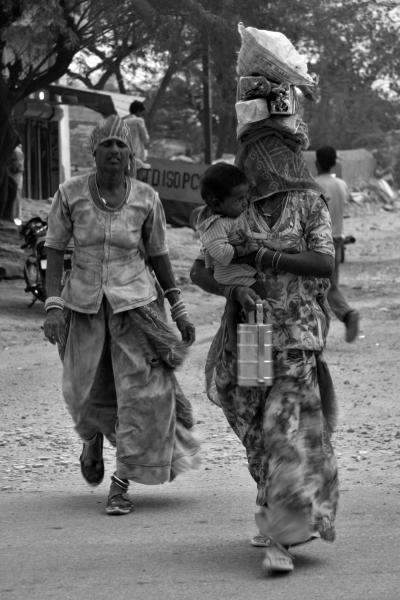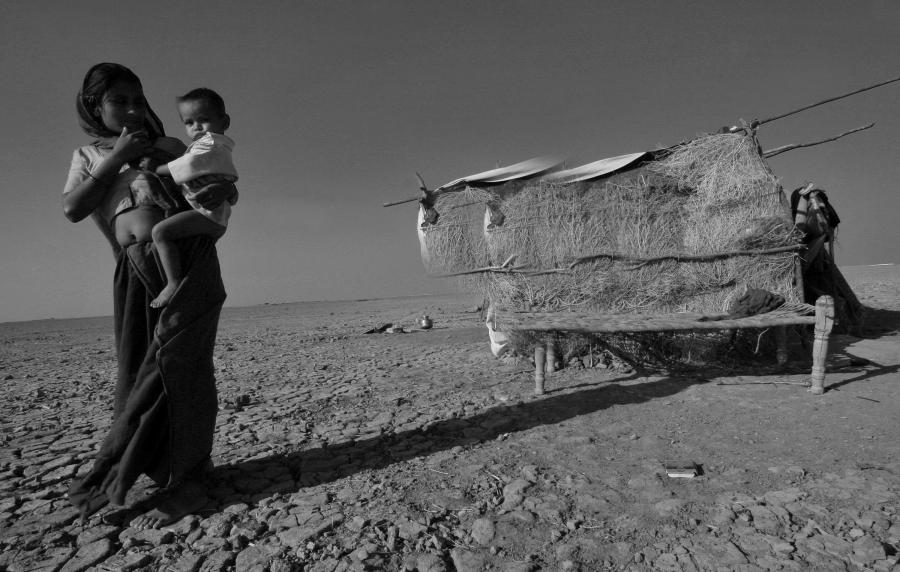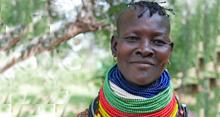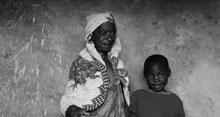Working Mothers in Rural India
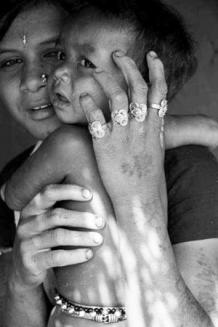
As India's urban population has exceeded the rural population for the first time in history, I decided to work on a long-term photography project on Rural India. This photo series, Working Mothers in Rural India, is a portrayal of women in rural India who fulfill the dual roles of mother and financial breadwinner for their family.
Overall, rural Indian women make up 22.7% of the labor force. Amidst great levels of industrialization and growth, the rural sectors of India suffer neglect. Agriculture is the primary source of livelihood for the rural population—in fact, nearly 90 percent of women working in rural India do so in the agriculture or allied industrial sectors. Despite the fact that many women are the primary breadwinners, a woman's daily wages average just half as much as a man's, though men and women work equal hours.
Many working women in rural India have tremendous workloads, as they are responsible for farm or agricultural as well as household production.
Pattabi Raman is a biologist-turned-photojournalist based in Pondicherry, India. He works as a photographer for The New Indian Express, a national newspaper. As a photojournalist, Pattabi specializes in socio-economic, socio-cultural, and environment issues. He is the recipient of several awards, including a Junior Fellowship for Photography from the Ministry of Culture (Government of India); a 2010 Media Fellowship from the Centre for Science and Environment, New Delhi; 3rd Prize at the Venice International Photo Contest (2007); and others. He is currently working on a long-term project about the aftermath of the Sri Lankan war.
Related Content
|
Valerie Mason-John tells the affecting story of a woman in Sierra Leone who lost many of her children and watched her country be torn apart by war and the search for blood diamonds. |
Lusina is a member of the Turkana tribe of Northern Kenya. She is the mother of five children. |
The organization, Migrantas, gives migrant women and mothers a platform to express their experiences as women in a foreign land. |
Sasja van Vechgel, alongside the Foxes NGO, photographed mothers, children, and families affected by the HIV/AIDS endemic in Tanzania. |
